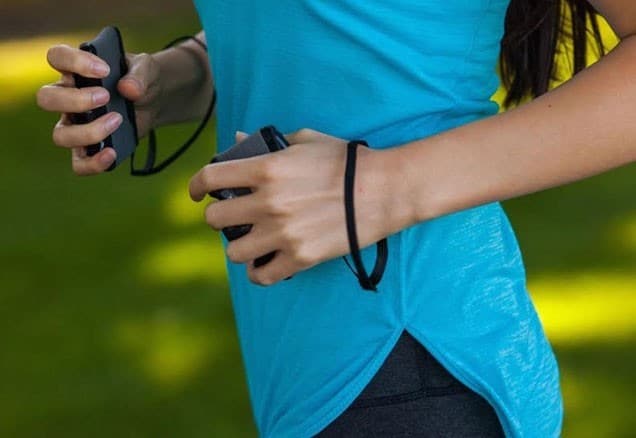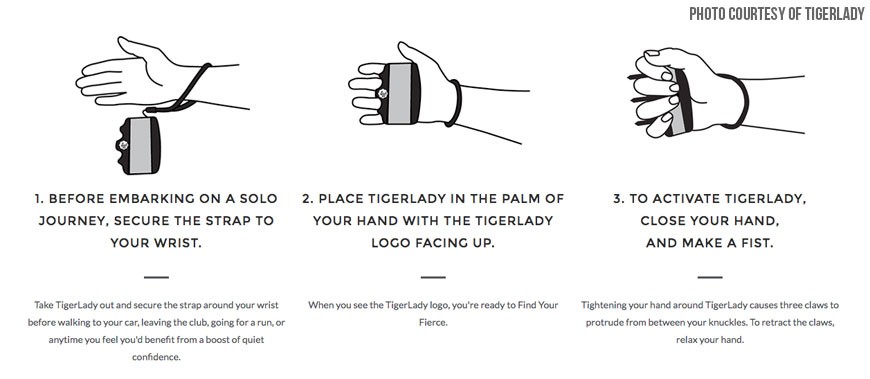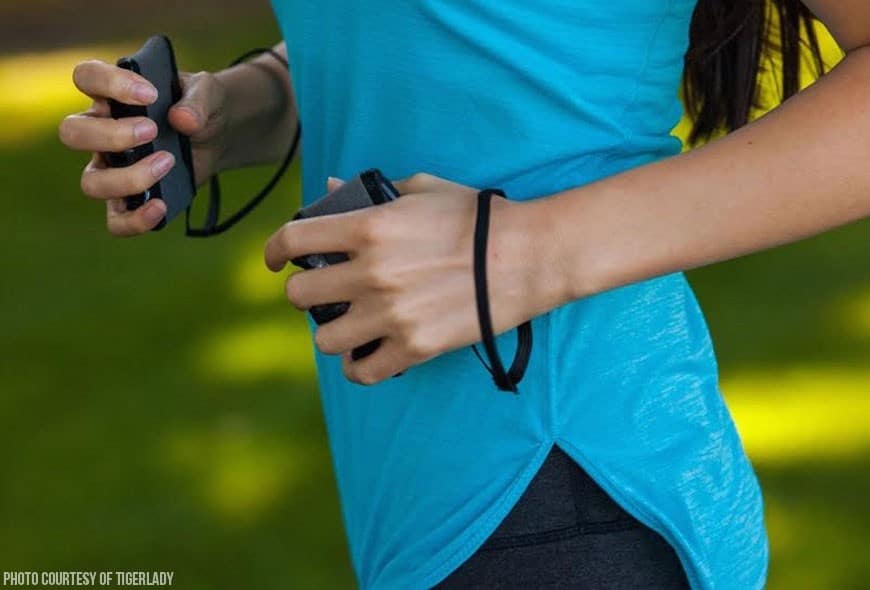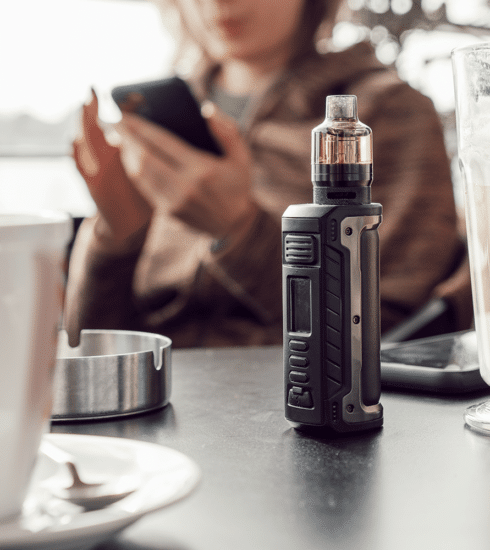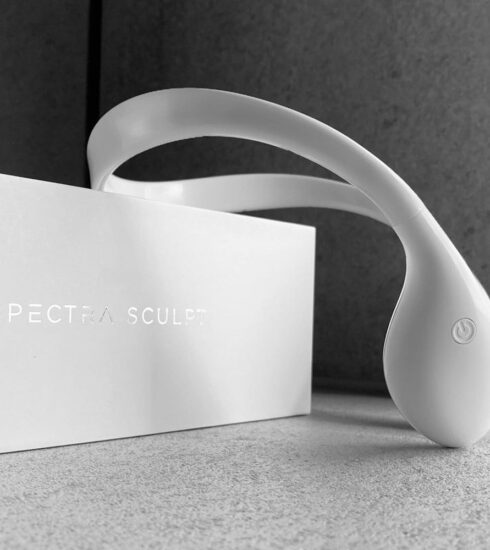Tigerlady Offers Women a New Weapon Against Attackers
In the United States, a number of a high-profile rape and assault cases have made headlines in the past year. Brock Turner, a Stanford student and athlete, served a shockingly light sentence for the brutal rape of a fellow student in January of 2015. In August, a woman in Queens, New York was killed while out for her evening jog.
In Massachusetts, David Becker, an 18 year-old high school student, was charged with assaulting two of his classmates while they were sleeping. These, unfortunately, are just a small sample, as countless other cases of assault go unreported every single day—in fact, RAINN (Rape, Abuse, & Incest National Network) estimates that in the U.S., an assault happens every two minutes.
In response to the growing epidemic of sexual assault, the Levine family has decided to take matters into their own hands, with the release of their product TigerLady. TigerLady is a discreet self-defense device designed to fit in a woman’s hand.
Once TigerLady is comfortably in your hand, simply squeezing the device immediately exposes three claws between your fingers. Hollow channels on the underside of the claws capture the attacker’s tissue for DNA, to help aid in identifying an attacker. The device is made of high-impact plastic and foam, weighing less than 2 ounces so it’s easy to carry and small enough to fit in a pocket or handbag.
The Impact of Tigerlady
It was 1978 when Al Levine first patented the idea for Tiger Lady, inspired by birds of prey, as an alternative for women who carried their car keys between their fingers for self-defense. In 2015, Al’s son, Jeffrey, working with his wife Linda and his two sons and their wives, refined and re-designed TigerLady, filed a patent application on the new design, and together, brought the product to market to ensure that this unique self-defense tool has an opportunity to help shift the balance of power.
The product has been especially welcomed into the women’s running community, a group particularly vulnerable to attacks. According to RunnersWorld.com, more than 57% of race finishers are women, and make up more than 50% of the magazine’s readership, and yet most of the advice to help women stay safe while running revolves around telling women to run in groups, in well-lit areas, and never in early morning or evening.
While this is sound advice, women runners also recognize that they cannot always pair up for a run, nor should they have to. The majority of female runners have reported some time of “mid-run harassment…being honked at, shouted at, and followed by strange men in cars.”
The stories from women runners are alarming, and relate to what many women face on a daily basis, in what seems like a culture more and more accepting of a “boys will be boys” mentality, that seems to expect catcalling as the norm, rather than the exception.
According to Josh Levine, one of the founders, “My family decided to bring this product to life due to the growing instances of sexual, domestic, and other types of assaults on women in the U.S. and around the world. We hope to battle the sense of male entitlement that leads to catcalling, inappropriate grabbing and touching, and rape.”
The Levines also understand that the current state of technology means that it is becoming increasingly difficult to walk down a crowded street or across a college campus without seeing people engrossed in their cell phones and/or wearing headphones, completely oblivious to their surroundings.
The family recognizes the importance of staying aware of one’s surroundings, and hopes that the act of holding TigerLady instead of a cell phone will increase situational awareness and confidence. Jeff Levine says, “We want women to feel safe and in control in every situation. Holding this device will help a woman feel confident and more aware of her surroundings.”
The hollow channels on the underside of the claws are a unique feature for a self-defense device. If a woman should need to use the device, it will not only leave a mark on the attacker that shows the encounter was not consensual, the channels will also collect DNA in the form of skin or blood, which will allow it to be later tested and aid in making a positive identification on the attacker. With so many assault cases failing to end in prosecution, TigerLady seeks to help put an end to this problem.
There is still a long way to go to end sexual assault, but TigerLady hopes to help make progress toward this. The product retails for $29, and can be found at www.tigerlady.com.
*TigerLady donates a portion of their annual proceeds to charities that work to prevent sexual assault.




